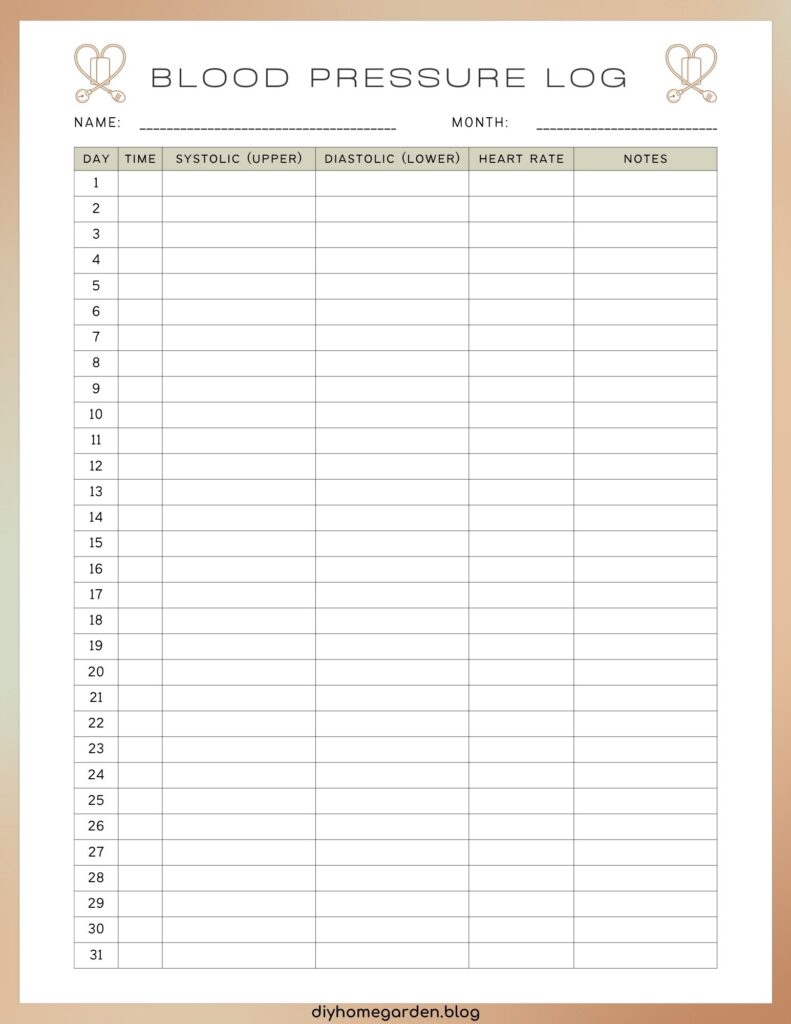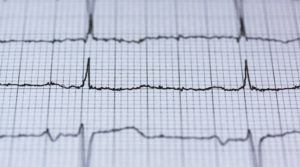Heart attack symptoms in women signal a heart attack is imminent. Often, these heart attacks happen with no other prior signs—which could otherwise include symptoms like shortness of breath and chest pains.
Research shows that more women (than men) die of heart attacks. In most cases, these go undetected until it is too late. Hence, there are alarming deaths when women have a heart attack.
Although certain risk factors (like high cholesterol levels, high blood pressure, diabetes, lack of exercise, eating habits, and being overweight) can significantly contribute to heart attacks, you should continuously look for the non-glaring signs. We share research from the National Institute of Health to help make everyone more aware of these heart attack signs.
Knowing these signs, which can be “silent” or attributed to another issue, can be a literal life saver.
6 Heart Attack Symptoms in Women:
1. Neck or Throat Discomfort
You must always watch out for any abnormal body pains, especially those you’ve never experienced before. A good example is an unexplained discomfort (with tightness feeling) on the neck or throat, which could signify a heart attack. Be swift to consult your doctor in case of such discomforts as this can help prevent any impending heart attacks.
Also, note that such pains or discomfort may present on your arms, stomach, jaw, or even your back.
2. Shortness of Breath
The heart is responsible for the circulation of oxygenated blood to all the other parts of your body. And so when there is a blockage—that blood cannot reach your heart for the oxygenation process. You’ll undoubtedly suffer shortness of breath. This can eventually lead to a heart attack.
Most people (women, for that matter) tend to experience breath shortness (with or without pain in the chest) in the early hours of the day—when they wake up or climb stairs. Although you’re bound to feel tired when you engage in such an activity, extreme fatigue or shortness of breath could signify a heart attack.
3. Extreme Fatigue
Most women who end up experiencing heart attacks have been found to have exhibited fatigue cases before. This is where you feel tired even when you haven’t engaged in heavy duties and are unable to perform your usual tasks.
But why the fatigue? It’s usually a result of reduced blood flow to the heart, which then stresses up your muscles. In turn, you feel extreme fatigue.
Always listen to your body because such unexplained fatigue could signify a heart attack. Make it a top priority to see your doctor for further tests and examinations.
4. Lightheadedness or Fainting
Lightheadedness is prone to occur with unhealthy practices such as lunch skipping—which could obviously leave you feeling dizzy at some point. A feeling that can go away with some considerable amount of rest.
However, fainting, dizziness, or a feeling sometimes referred to as lightheadedness could signify something serious like an impending heart attack. If you experience dizziness and back pains, vomiting, shortness of breath, and fainting, you may be having a heart attack. Time is of the essence, and you, therefore, must immediately seek medical help.
Research has shown that this lightheaded feeling is the second most common sign of a heart attack for women.
5. Cold Sweat
It’s normal to sweat on a hot day or even after physical activity. However, when you sweat while experiencing a chest, neck, or arm discomfort, then it could be a sign of a heart attack.
The best thing to do is quickly get your way to the hospital, as this can help combat the heart attack.
6. Heart Palpitations
Sometimes you may feel that your heart is skipping beats, which can throw you into a panic state. Closely monitor your heartbeats, and in case you notice any abnormalities, be sure to seek medical attention.
Remember, delayed medical attention can lead to more complicated conditions, which can also lead to death.

The Takeaway: Heart attack symptoms in women are different than those in men!
Unlike men, women almost always exhibit few to zero symptoms when they have a heart attack. Hence, the alarming death rates. Although pressure or chest discomfort still remains the number one common sign of heart attack even in women, some silent signs also exist. If these signs are ignored or mismanaged, they can lead to more severe complications or become fatal.
These signs include unexplained discomforts in specific body parts, shortness of breath, extreme fatigue, lightheadedness or fainting, breaking out in cold sweat, and abnormal heartbeats.
Listen to your body, and in case you notice any strange pains or feelings, then ensure prompt medical attention as this may help deter any impending heart attacks.
Urgent Disclaimer: This article is intended for general informational purposes only; it’s not intended to replace the advice of a medical professional. If you are currently experiencing any one or more of these symptoms, please call 911 for immediate medical assistance.


